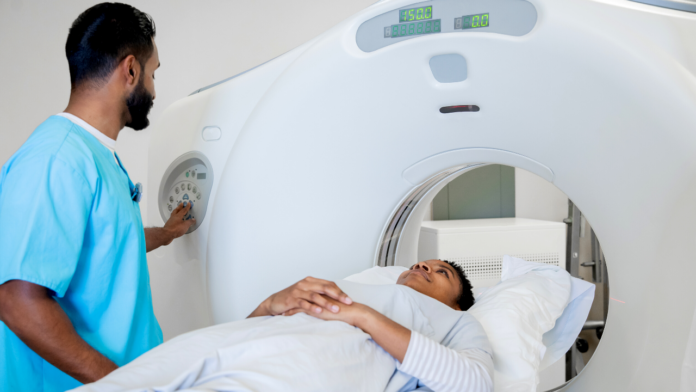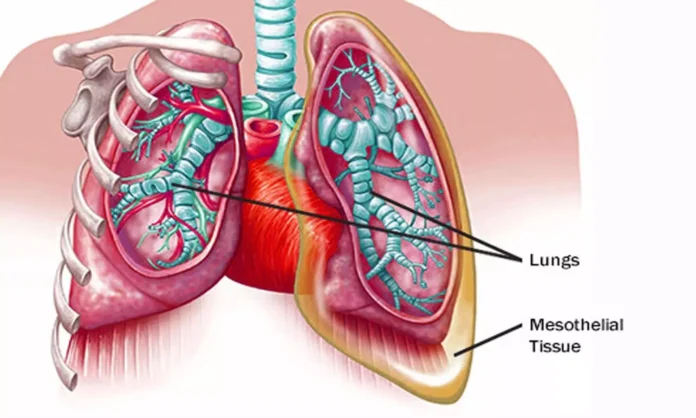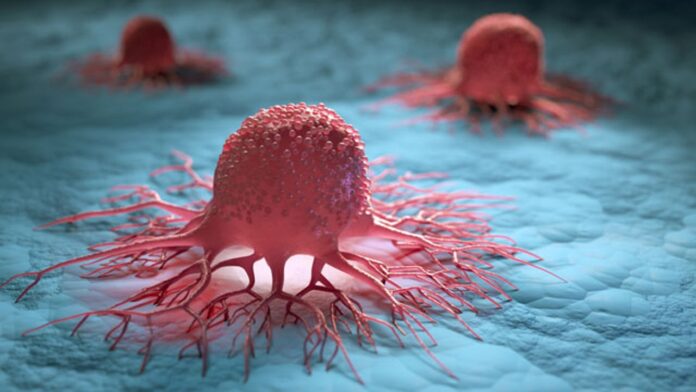Getting diagnosed with cancer and coming to terms with this diagnosis is undoubtedly a harrowing experience. Your diagnosis can make hope seem well out of reach, and your emotions may slowly spiral out of control. Simultaneously experiencing various emotions such as anger, anxiety, fear, and depression can overwhelm anyone, and for someone fighting a disease, it can further aggravate their condition. And, in such times, staying positive is the hardest thing to achieve.
Living with cancer can be intimidating – a cancer diagnosis can leave you feeling devastated and overwhelmed, and it is natural to feel upset and worried about your future. However, adopting a cheerful and optimistic attitude towards life can help you stay strong throughout your journey battling this disease. If you’ve been diagnosed with cancer, understanding the disease, knowing what to anticipate, and having plans can help you look forward to the future and make this difficult time less stressful. It’s important to understand that you can stay positive even if you don’t always feel optimistic.
We are all about helping you understand that you deserve as much happiness as possible. Even if you don’t always have a positive outlook towards life, that shouldn’t take away your chance at being happy. Learn more about your disease, appreciate your loved ones and most importantly, never give up. You can also choose to contact a law firm such as simmonsfirm.com to learn more about your legal and financial options, especially considering a mesothelioma diagnosis.
In this article, we have put together a list of five ways that can help you maintain an optimistic demeanor after your diagnosis.
1. If it’s caught early, take advantage

Early diagnosis of cancer can be considered a blessing in disguise. Early diagnosis increases your odds of beating cancer. Patients with an early cancer diagnosis have a better chance at complete recovery with improved quality of life and reduced mortality. Regular cancer screenings, especially if you are at risk and it runs in your genes, can help in the early detection of cancer. Individuals who get an early diagnosis of cancer are not only more likely to survive, but they experience better medical care treatments that come with lower mortality rates and higher quality of life than those diagnosed later.
2. Learn about the disease and its prevention

After getting a cancer diagnosis, your priority should be to dig into the type of cancer and gather information about it. For example, a mesothelioma diagnosis should prompt you to look more into asbestos exposure, which is the leading cause behind it. An individual must gather information about the specific type of cancer they have been diagnosed with. Generally, the more you know about the kind of cancer you are dealing with, the more empowered you’ll feel to find the best experts to help you.
For cancer, the best prevention is to be on the lookout for the warning signs, which include:
- Recurring wounds.
- Persistent coughing or hoarseness.
- Excessive growth or rapid changes in the appearance of warts, moles, and birthmarks.
- The development of lumps with rapid changes in their appearance.
- Changes in bowel and urination habits are unexplainable.
- Excessive blood loss or discharge from the body, such as leucorrhea.
3. Contact a lawyer for compensation

You can get help from a lawyer for delayed diagnosis. In the case of a mesothelioma diagnosis, you can look into your legal options to get compensation for your family. Cancer treatment can get very expensive very quickly; your attorney can help you get your rightful compensation, especially after a mesothelioma diagnosis after asbestos exposure. Once you begin receiving treatment for mesothelioma, meeting an attorney should be your first call to explore your legal and fiscal options; you can get access to financial resources other than your health insurance to deal with your disease.
4. Focus on things you can control

Cancer is a scary thing, and it leaves you with little control over a lot of stuff. This can include how you’re feeling, what drugs you need to take, glutathione injection side effects, and more. With so much beyond your control, you never know when you will get off drugs – if ever. But instead of focusing on what you can’t control, look for what you can control, such as eating habits, when you wake up every day, whether to take a stroll. Learn to take pleasure in small things in life and be more in control of your choices. While coming to terms with the realities of cancer, try not to think much about the statistics. An optimistic mindset will allow you to not stress over things well out of your control. Furthermore, it will encourage you to offer support to fellow cancer warriors.
5. Appreciate your loved ones

Fighting cancer can be both physically and emotionally draining. However, having a reliable support system might make it simpler for a person to stay strong and happy during the struggle. People frequently seek help from family, friends, experts, and support groups. These individuals can boost your spirits and be there for you when you need a shoulder to cry or an ear to listen to when you want to vent. You might be amazed at how conversing with others might help you cope better. Shower your caregivers with love, and give them your best positive attitude. They are also suffering, watching you in pain and anguish while being there for your every appointment, infusion, and most biopsies. Try to thank them often for all they are doing for you.
Make every effort to surround yourself with positive, encouraging individuals who will get you out of the home and distract you from your anxious thoughts.
Final thoughts
Cancer is an aggressive disease – it strikes without warning and can recur even in the face of vigorous treatment. Understanding the stark realities of your diagnosis and maintaining a positive outlook towards life can help you look forward to each day and make you feel less miserable. It gets challenging to continue leading an everyday life, but a positive attitude would help you endure the side effects of chemo and encourage you to follow through with the treatment. It is essential to know that you don’t always have to be positive; allow yourself time to grieve and vent so long you don’t give up – everything you feel and experience is valid.









